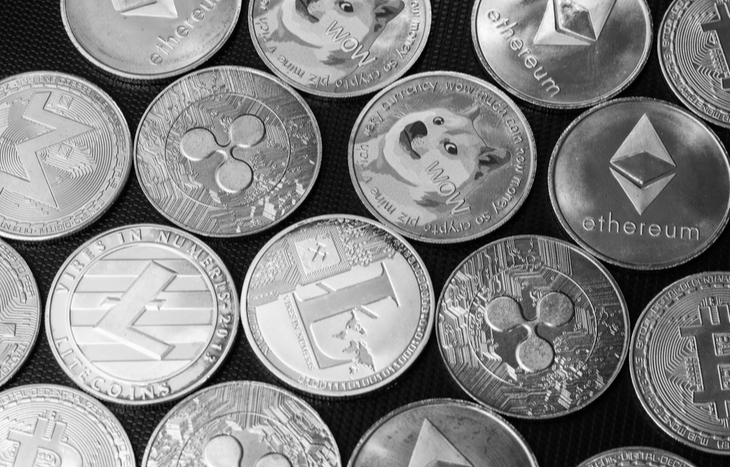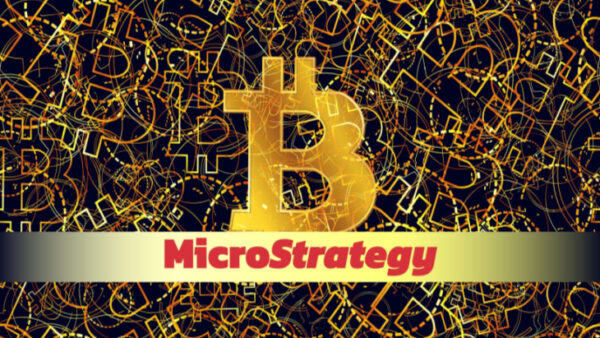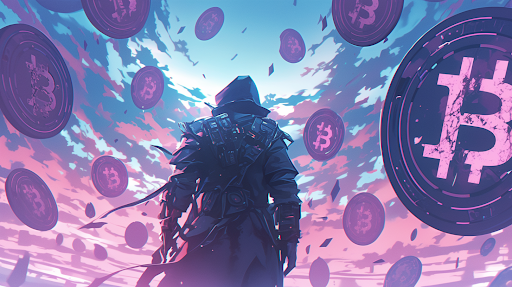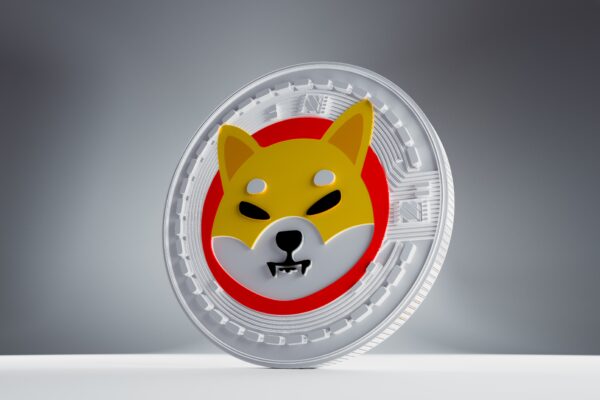What is an Altcoin?
Cryptocurrency is well-established as a mainstream investment vehicle, thanks largely to the popularity of Bitcoin. But Bitcoin isn’t the only crypto asset to gain steam. There are hundreds of different altcoins out there, some more popular and stable than others. What is an altcoin? Really, it’s any other crypto asset outside of Bitcoin; however, serious investors usually only group stable, established crypto assets under this umbrella.
If you’re interested in crypto investing but want to avoid the hype surrounding Bitcoin, consider an altcoin. From stablecoins to utility tokens, there’s plenty of opportunity out there. Here’s a look at altcoins and why investors are flocking to them as Bitcoin paves the way for crypto stability.

Beyond Bitcoin
Bitcoin (BTC) is by far the most popular cryptocurrency out there. However, at more than $30k per coin, most investors can only afford to invest in a fraction of Bitcoin. Instead, they’re flocking to similar promising coins to make alternative investments in crypto. There’s a sea of cryptocurrencies out there, including popular favorites like Ethereum (ETH) and Litecoin (LITE), which trade for significantly less than Bitcoin.
There’s also a burgeoning small market for upstart altcoins. Coins structured similar to Bitcoin and Ethereum offer the promise of future growth in the early stages of mining, when it’s possible to accumulate tokens worth very little. Many investors buy into young cryptocurrencies in the hope that they’re the “next Bitcoin.” Unfortunately, there are more scam coins and unstable coins than there are viable cryptocurrencies. Altcoin investors need to beware.
Types of Altcoins to Consider
Before investing in altcoins, investors should be aware of what type of crypto asset they’re investing in. Most people tend to consider all crypto assets currency, but there are different types of coins, as well as tokens to consider. Some of the most popular include:
- Stablecoins. While true cryptocurrencies aren’t pegged to any other asset, stablecoins are. They’re tied to a fiat currency, commodity or even other cryptocurrencies. Stablecoins tend to see less volatility, but also grow at a much slower rate.
- Miner coins. Bitcoin is the most famous example of a miner coin. These coins exist as computers solve logic problems and provide proof of work, known as the blockchain. Coins become exponentially harder to mine as time goes on and supply increases.
- Security tokens. Brought to market through ICOs, these tokens trade like securities and serve as digital equity in something. They might entitle the holder to a company dividend or voting rights. They’re increasingly popular with tech startups.
- Utility tokens. These tokens are valid within a network for a specific purpose. For example, you might redeem utility tokens to pay for server time or to use software. Their purpose gives them value, and they’re typically issued by the source of redemption.
As the crypto market grows, more and more altcoins spawn into existence. As they do, they take different forms—each of which offers some form of value to the holder.
Most Popular Altcoins (2021)
While it’s nearly impossible to account for all of the new cryptocurrencies and altcoins that pop up each year, there are a few that rise in popularity and value. These tend to be stable altcoins (different from stablecoins) that are well-moderated and designed to control inflation and dilution. Some of the most popular altcoins in recent years include:
- Ethereum (ETH)
- Litecoin (LITE)
- Cardano (ADA)
- Chainlink (LINK)
- Uniswap (UNI)
- Stellar (XLM)
- Aave (AAVE)
These cryptocurrencies range from pennies to thousands of dollars, representing the gamut of opportunities within the altcoin market. Moreover, the crypto landscape is changing so far that a year from now, there’s likely to be a new wave of profitable, stable altcoins.
The Pros of an Altcoin Investment
For those interested in an alternative investment, altcoins are a great opportunity. While volatility is a concern in crypto markets, altcoins benefit from tremendous investor sentiment—meaning everyone’s looking for the next Bitcoin. Even smaller, micro-cap coins have a chance to gain incredible momentum and grow.
Altcoins are also great because they’re generally not affected by peripheral markets. As such, they’re a great hedge against traditional markets, like the stock market or the forex market. This also means they’re less subject to regulation, which allows for more natural development of altcoins as investors take an interest in them.
The Drawbacks of Altcoins as Investments
The big drawbacks of altcoins are the same as any crypto asset. First, they’re new and not well-understood by the common investor. This can mean poor decision-making when investing. Second, the sheer volatility of the crypto market can result in major swings—especially for less stable altcoins. Finally, there’s a threat of market manipulation by bad actors. Small coins with momentum tend to attract pump-and-dump scammers or those who inflate the price with the intent to crash it. All in all, crypto is still an untamed, unpredictable market.
Are Altcoins a Safe Investment?
What is an altcoin? Really, any crypto asset outside of Bitcoin is an altcoin—but that doesn’t mean every altcoin is a viable one. Altcoins represent an opportunity for investors to get into crypto markets at a lower entry point than Bitcoin, and with more upside. The popularity and support for many altcoins has made them a staple in many modern investors’ portfolios.
To leasrn more about cryptocurrencies, sign up for the Manward Financial Digest e-letter below. The team at Manward is dedicated to and enthusiastic about the potential and future of crypto. Join them on their journey for more insights, trends and analysis.
Should you invest in altcoin? It really depends on your risk tolerance and understanding of these investments. If you know how they work and have an appetite for the sometimes-volatile world of crypto assets, opening an altcoin position isn’t a bad idea. Just make sure you’re avoiding meme coins and crypto assets destined for implosion due to poor fundamentals. If it’s too good to be true, it likely is.





